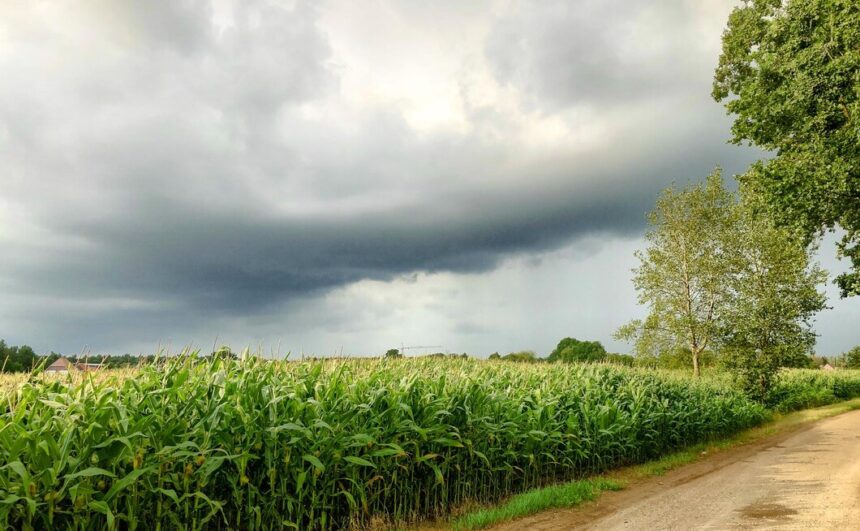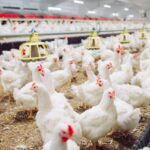South African agriculture is increasingly shaped by evolving climate policies aimed at promoting sustainability, reducing greenhouse gas emissions, and building resilience against climate change. For farmers and agribusinesses, staying informed about these policy developments is crucial for long-term planning and competitiveness. Here’s a look at the key climate policy updates currently affecting South African agriculture and what they mean for the sector.
South Africa’s updated Nationally Determined Contribution (NDC) under the Paris Agreement has set more ambitious targets for reducing greenhouse gas emissions. Agriculture, forestry, and other land use (AFOLU) sectors are now expected to contribute to the country’s overall climate goals. While agriculture is not subject to mandatory emissions caps yet, the government is encouraging practices that lower emissions and enhance carbon sequestration, such as conservation agriculture, agroforestry, and improved livestock management.
The newly adopted Climate Change Bill is another significant development. Once enacted, this legislation will establish a national framework for climate change mitigation and adaptation across all sectors, including agriculture. It will likely lead to the introduction of sector-specific carbon budgets and reporting requirements in the future. Farmers may need to track and report their emissions and adopt climate-smart practices to align with national targets.
South Africa is also moving ahead with its Carbon Tax Policy, which came into effect in 2019. Although agriculture is currently excluded from the first phase of direct carbon taxation, the government has indicated that future phases may broaden the tax’s scope. In preparation, agribusinesses are exploring ways to improve energy efficiency, adopt renewable energy solutions, and reduce emissions from inputs such as fertilizers and fuel.
Water policy is another area undergoing change due to climate concerns. The Department of Water and Sanitation is updating the National Water Resource Strategy (NWRS) to better address water security under changing climatic conditions. Proposed measures include tighter water use licensing, improved irrigation efficiency, and incentives for water stewardship in agriculture. With water scarcity already a major challenge, especially in regions like the Western Cape and Northern Cape, farmers will need to adopt more efficient water management practices.
Support for climate adaptation is also growing through government and international funding mechanisms. The Climate Resilient Agriculture Fund, supported by the Green Climate Fund and local partners, offers financial and technical assistance to farmers adopting sustainable and adaptive practices. Additionally, the Comprehensive Agricultural Support Programme (CASP) and various provincial initiatives are increasingly prioritizing climate-smart agriculture.
South African agricultural value chains are also seeing shifts in market expectations related to climate action. Export markets, particularly in Europe, are demanding greater transparency on the carbon footprint of agricultural products. Certifications and sustainability standards such as GlobalG.A.P., Rainforest Alliance, and regenerative agriculture labels are becoming valuable tools for farmers seeking to maintain access to premium markets.
In summary, climate policy updates in South Africa are gradually reshaping the agricultural landscape. Farmers and agribusinesses will need to adapt to new regulations, adopt climate-smart practices, and embrace sustainability as a core part of their operations. By staying informed and proactive, the sector can turn these policy changes into opportunities for innovation, resilience, and long-term growth.
Join 'Farmers Mag' WhatsApp Channel
Get the latest Farming news and tips delivered straight to your WhatsApp
CLICK HERE TO JOIN






